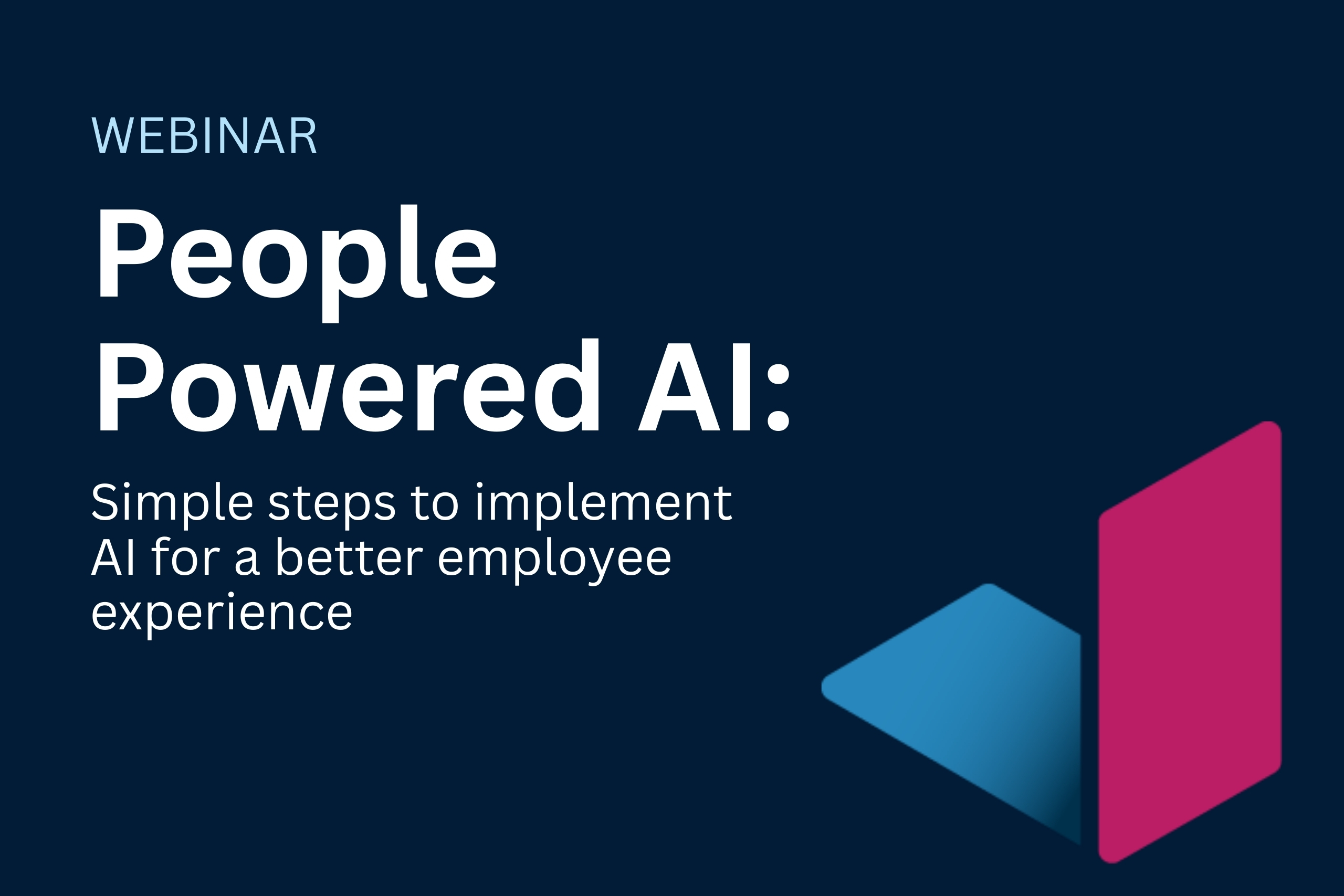The Rise of Agentic AI: How It Differs from Generative AI
Artificial intelligence continues to reshape the way we live and work. Until recently, generative AI dominated the conversation — tools such as ChatGPT, Midjourney, and Gemini have helped people create text, images, and code with remarkable ease.
Now, a new chapter has begun. Agentic AI represents a move from content creation to intelligent action. Instead of simply producing outputs, these systems can make decisions, plan tasks, and act independently toward specific goals.
In this blog, we’ll explore:
- What generative AI is and how it works
- What agentic AI is and what makes it different
- How the two approaches differ in purpose and capability
- How organisations can prepare for this next phase of artificial intelligence
What Is Generative AI?
Generative AI refers to machine learning models trained to produce new content by identifying and replicating patterns in existing data. These models use large language models (LLMs) or diffusion models to generate text, images, audio, or code that appear human-created.
Common examples of generative AI include:
- ChatGPT for text generation
- DALL·E and Midjourney for image creation
- GitHub Copilot for code assistance
Generative AI is ideal for content creation, ideation, and analysis, but it requires continuous human direction. Each output depends on a new user prompt, meaning the model doesn’t act or decide independently.
What Is Agentic AI?
Agentic AI builds upon the foundation of generative AI by introducing autonomy and goal-oriented reasoning. Rather than relying solely on prompts, agentic systems can plan, prioritise, and execute multi-step tasks to reach a desired outcome.
For example, an agentic AI system could:
- Research market competitors, summarise findings, and generate a strategic report
- Analyse customer data, schedule targeted email campaigns, and track engagement
- Monitor logistics, predict supply chain issues, and take corrective action
In essence, while generative AI creates, agentic AI acts. It represents a shift from passive assistance to active problem-solving, allowing AI systems to operate independently within defined parameters.
How Agentic AI Differs from Generative AI
The difference between generative and agentic AI lies in purpose, autonomy, and capability. Generative AI focuses on producing outputs — written content, designs, or ideas — based on user instructions. It’s a creative collaborator, relying on human guidance at every stage.
Agentic AI, on the other hand, operates with intent. Once given a goal, it can reason, make decisions, and take actions to achieve that goal without continuous human involvement. It can handle planning, sequencing, and self-correction, often working across multiple tools and data sources.
While generative AI helps you create, agentic AI helps you achieve. The latter signals a shift from AI as an assistant to AI as a capable digital colleague.
Why Agentic AI Matters for Businesses
Agentic AI opens a new frontier in productivity and efficiency. It enables organisations to automate decision-making, optimise workflows, and deliver personalised experiences at scale.
Key benefits include:
- Higher productivity: Agentic AI can complete multi-step tasks without manual oversight.
- Faster insights: It analyses data, draws conclusions, and implements actions in real time.
- Personalisation: AI agents adapt to customer preferences and behaviour continuously.
- Continuous improvement: Built-in feedback loops help these systems learn and evolve.
By blending the creative strengths of generative AI with the autonomy of agentic AI, businesses can move from using AI as a tool to relying on it as a strategic partner.
Preparing for the Agentic AI Era
To make the most of this emerging technology, organisations should start by understanding where agentic AI fits within their digital strategy. Practical steps include:
- Experiment with AI agents in low-risk operational areas.
- Strengthen data infrastructure to ensure AI systems have accurate, reliable inputs.
- Upskill teams to manage, supervise, and collaborate effectively with AI agents.
- Establish clear governance and ethical frameworks to maintain transparency and trust.
Those who embrace this evolution early will gain a significant competitive edge as agentic AI becomes integral to modern business operations.
Generative AI revolutionised creativity and automation. Agentic AI takes it one step further, enabling systems that can think, decide, and act.
The businesses that recognise and adapt to this change will operate with greater speed, precision, and intelligence than ever before. The rise of agentic AI signals a future where machines no longer wait for instruction, they work alongside us to achieve shared goals.
Still unsure how to get started? Check out our AI Readiness assesment.
Let Our Team Help Your Team
Take the Next Step to Delivering a Better Employee Experience Through AI with Vidatec
Learn More About our AI Consulting Services
We cut through the AI hype to help you understand what actually works in your specific situation. Drawing from 300+ real-world projects, we help you implement AI in simple, practical steps that actually stick and deliver results.
Watch our 30-Minute Expert-Led AI Webinar
Hear directly from our CEO, Ross Wilson, and CTO, Nick Welch, as they provide a framework to assess your organisation’s AI readiness and outline practical tools and strategies to implement a true human-first AI implementation.
Meet the author











